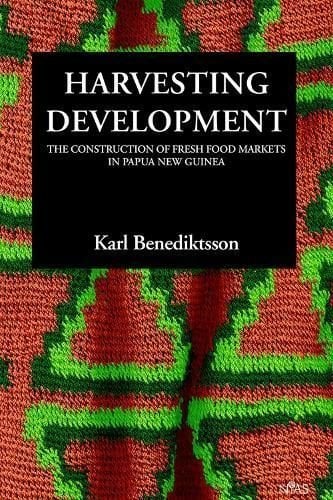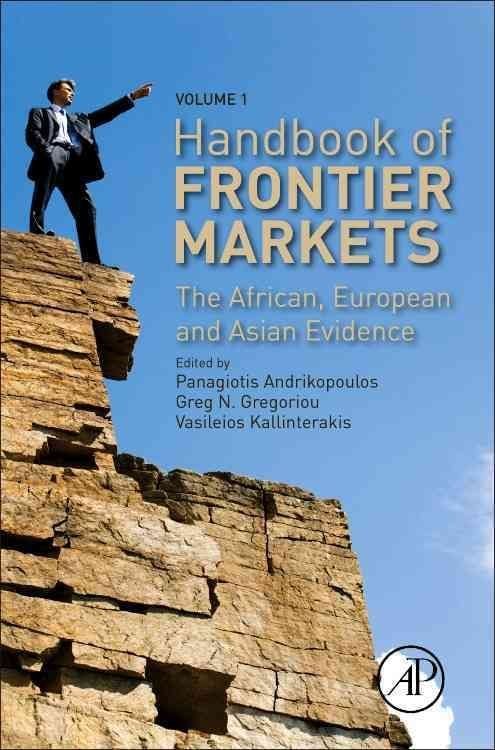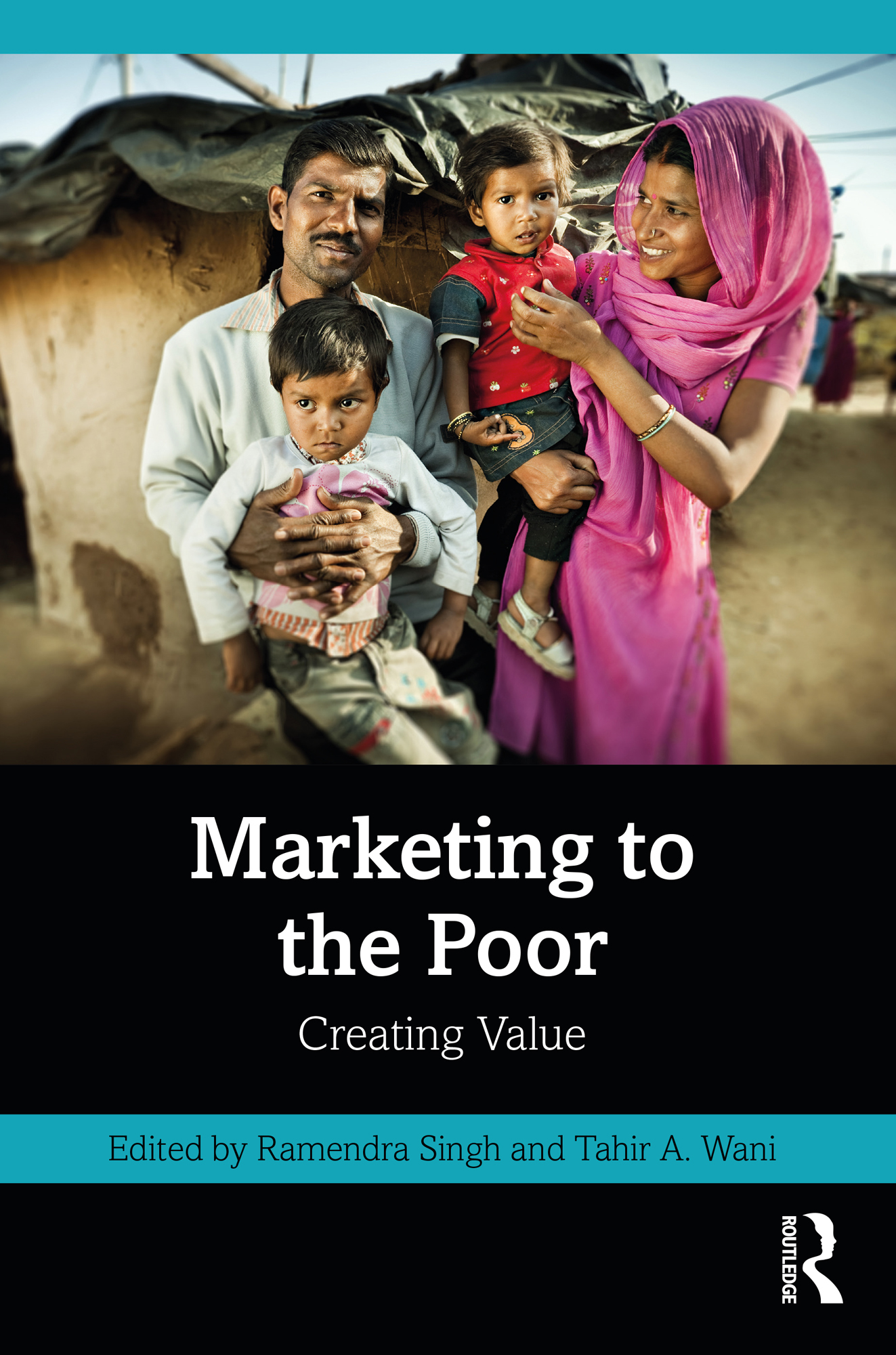This work addresses the global-local tension evident in much work on development issues, through the example of fresh food markets in Papua New Guinea. A key feature of the book is the author’s interweaving of theoretical constructs with a detailed ethnography of marketing networks, at the rural village and the urban market-place, as well as in the “spaces in between”. It shows the rural community not as an isolated universe, but as consisting of dynamic linkages and networks which extend way beyond the locality. At the same time, local actors with their own agendas and interpretations of the meta-narrative of “development” are shown to be crucially important for shaping the outcome of the market integration process. This work is of relevance to geographers, anthropologists, sociologists and economists dealing with development issues. It is also a useful read for Oceanianists/Melanesianists as it tackles processes and problems, which few ethnographers, who have worked in Papua New Guinea, have made their central concern. The book is suitable for courses in development studies, geography and human ecology, and Oceanic studies, at advanced undergraduate or postgraduate level. While it deals with complex theoretical issues, it is written in a clear and accessible language. This makes the book suitable for those outside of academia, for instance in government or international agencies, who work with rural development issues and design and monitor development projects.












